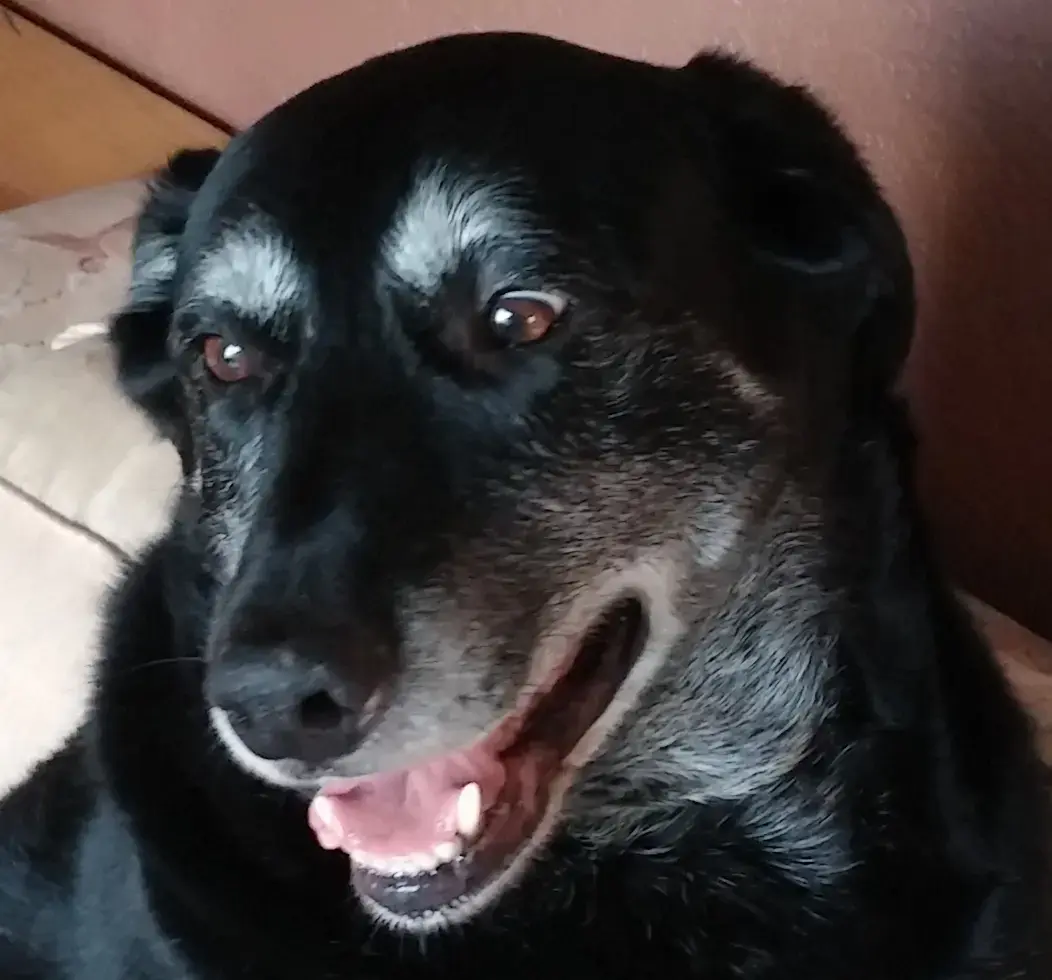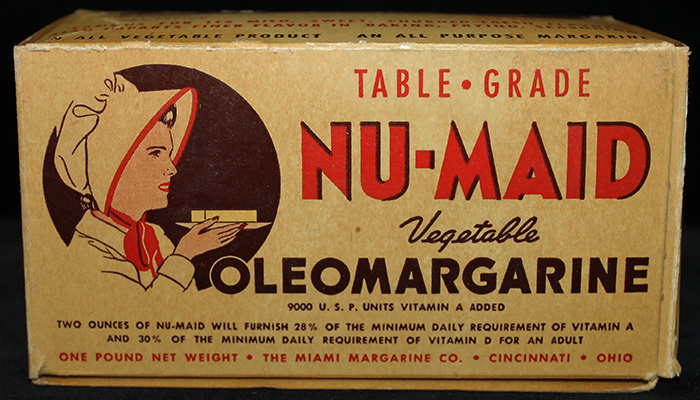My dear lemmings,
I discovered Clonezilla a while ago and it still is my main tool to backup and restore the partitions I care about on my computers.
I cannot help but wonder if there are now better, more efficient alternatives or is it still a solid choice? There’s nothing wrong with it, I’m just curious about others’ practices and habits — and if there was newer tools or solutions available.
Thank you for your feedback, and keep your drives safe!
Generally I just don’t take clones of disk partitions anymore. They tend to take up too much disk space to keep more than one or two backups and typically require the disk to be unmounted which means it’s a mostly manual process. That all but guarantees that any backup I take will be out of date when I need it most.
Instead I’ve found it better to take regular automated file level backups and automate the way I configure my environment so that I can quickly restore and rebuild if something goes wrong.
If I just want to be able to quickly revert a drive to a previous state or have easy point-in-time restore I manage the disk with ZFS. ZFS has a snapshotting feature which is great for this sort of thing and you can even restore snapshots to another zfs pool the same way you might restore a partition to another disk but without all the hassle of resizing things.
Second for Rescuezilla, it’s a Clonezilla front end with sane defaults you’d probably pick anyways.
It’s difficult to use with some odd defaults as I remember, and you have to boot into it which is annoying.
Rescuezilla seems like a good open source option, but you do still have to boot into it.
My go-to is the free Veeam Endpoint, as it just installs on the system and does full system images without needing to reboot. I’m not sure if there is a good easy to use open source equivalent to it, so far I have not found one.
I also use Veeam at home for this. It’s not FOSS, but it is still free, and works really well.
I hate that it requires a phone to download unless you already have a download link
Is the “restore media” universal or do you have to create a new USB drive for each computer you want to restore?
It’s universal unless you need to bake in specific drivers from a machine.
I use clonezilla at work for imaging and deploying laptops. It works like a charm. Great piece of software. It’s not normal backup software though.
I still use Clonezilla to back up devices before performing reinstalls/major updates (when Timeshift isn’t practical). No issues so far backing up and restoring both Windows and Linux partitions/drives.
The main thing about Clonezilla is that you can always rely on it working, no matter the system. The bad thing is that proprietary solutions have a lot more creature comforts.
Idk… but im sure you can use pretty much any live distro with partclone
yeah, partclone is the tool that clonezilla uses under the hood. i find that using partclone directly is easier.
I never really had a need for the features provided by Clonezilla. I’ve always just used dd since it’s available on any Linux live disk. Unless I’m making an image for data recovery, I zero the free space and pipe the dd output through gzip to avoid wasting space.
Clonezilla has its place, but not as a main backup and restoration tool. I personally don’t see it as a backup tool, especially that it operates at partition level for such. What you want is you base install system and file level backups for your data (/home/) etc. For the file level backups, use something like restic. Backup what you need to go from a fresh install to a system with your data back on it. Packages can be reinstalled.
Restic is my primary backup for all my devices. If I need something more than fresh iso -> my data system, I use packer.
I noticed for file level backups you mentioned something other than rsync. Any particular reason why you landed on restic instead?
Because that serve different purposes. rsync is for moving data around, synchronization of such. It has no concept of point in time restoration, or snapshots (etc) that really define a backup solution. I use restic because its the proper tool for the job.
point in time restoration, or snapshots
Do you mean like not just having another copy of a file, but being able to restore a specific version of a file?
There’s a lot more going on with restic aside from just that, but yes. So with an rsync of your home dir (for example), it’s reliant on the FS to do compression and deduplication (ZFS,btrs), and/or it will still take up a lot of wasted space. Say you got ransom-wared. It’s okay you have that rsync backup, but oh crap it got ransom-wared to. No more backups to try? Restic gives you snapshots for whatever increment you set and just handles it simply. You can then restore one file from any of the snaphots (history) or every single file. Restoreing 250kb vs 400TB is quite a difference. The benefits of this, are huge even beyond the fire and forget capability.
I mean, rsync handling everything via mirroring and pushed to a ZFS FS, would be sort of the same thing.
Used it for cloning some laptops recently without much issue. Cloned one laptop’s primary partition onto an SD card and then imaged the others no problem. Laptops were 256GBs capacity (but only like 30-60 GBs used) and the SD card was 64 GBs. Seemed pretty simple to me.
There’s a lot of options for those who want to do things like deploy over a network, but I haven’t messed with them seriously (I didn’t have the ethernet cables to do it - wasted a bit of time trying before realizing they weren’t connect to a network; maybe there’s a way to connect via wifi, but I didn’t see it)
Yes, works great! Used it to clone some windows users stuff, he thought having a dozen partitions makes sense, still no problem at all. Copied everything from HDD to bigger SSD, just worked.
You download the ISO, flash it to a usb stick (we used rufus, but dd, impression (udisks2 frontent in gtk&rust) or balena etcher should also work). The TUI is usable, has some options but the defaults seem good.
I’ve used Clonezilla recently to clone my main 1tb drive aswell as a 4tb backup drive to an external HDD and both times worked fine.
It is painfully slow however but I’m not sure I could do anything about that outside of buying faster drives.
I use kopia, it’s more automated and deduplicates snapshot.
Not the same, as it doesn’t make an image of the system.
Ah I missed the partitions part
Also interested in this. Currently in need of an imaging solution that’s less clunky to use than Clonezilla.
MDT works well for Windows environments. Otherwise dd or Clonezilla for Linux.
Clonezilla or dd. if you are on GNOME you can use gnome disks and it has a create diak image, restore disk image option, if you want an img file











